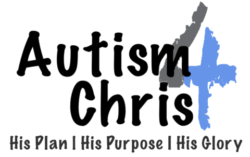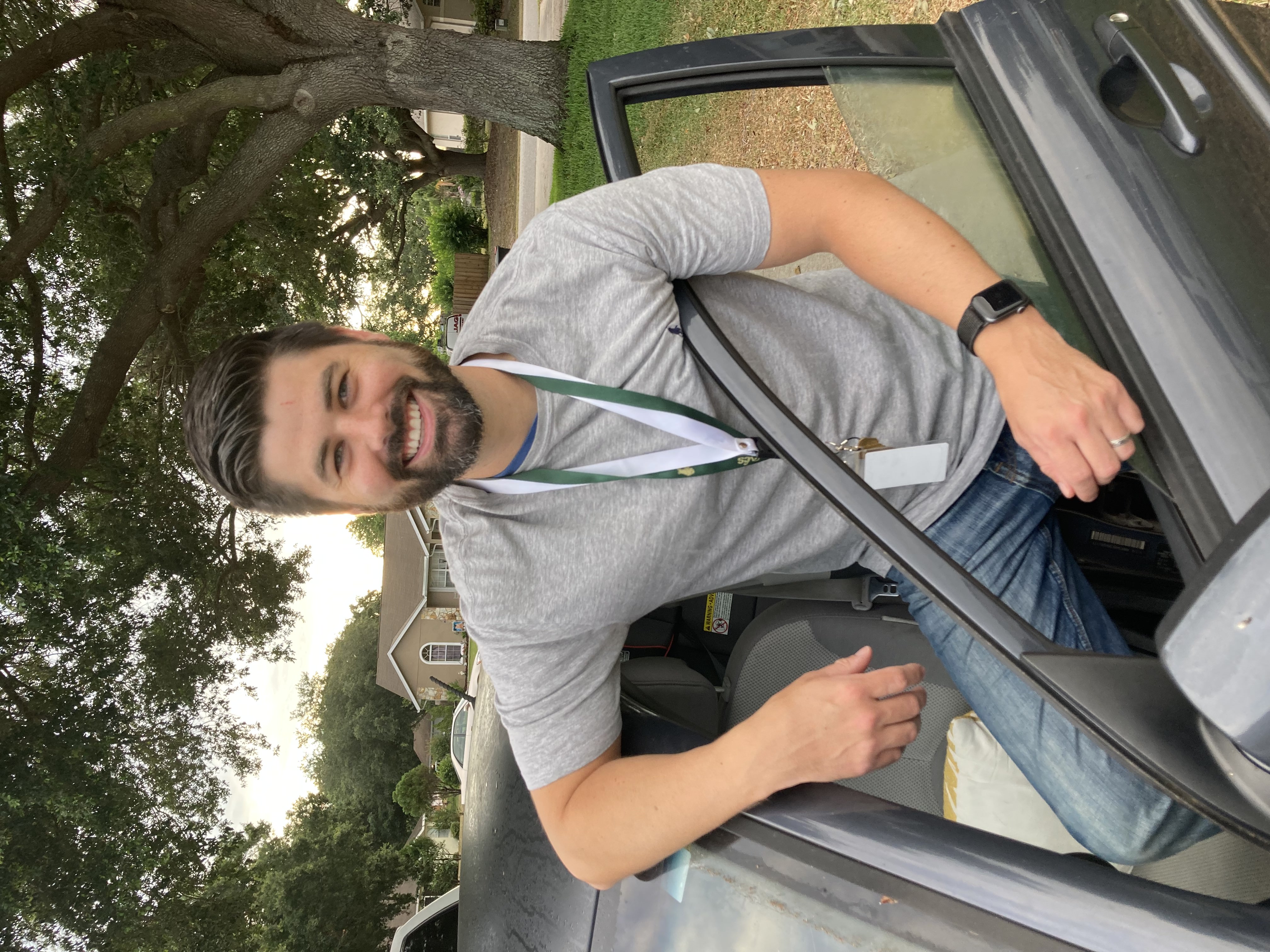The Joy of Working with Others Impacted by Disability
When I was seventeen, I started working at an overnight summer camp for kids and adults with intellectual disabilities.
Before working at Camp Hope, I had met only a few people who have disabilities. I knew intellectually that God made all people and that I should love and include people who are different, but I was uneasy interacting with people who had unique differences. For example, not understanding the speech of someone impacted by disability made me uncomfortable. When interacting with people with physical differences, I was unsure where to look. I was hesitant when I anticipated an awkward conversation.
Thinking back on that time, I see that I had a fear of awkward interactions. I didn’t have the skills needed to build relationships with people who seemed very different from me. I let that lack of skills scare me until my fear was nearly bigger than my desire to learn.
However, working at Camp Hope changed everything. As a counselor-in-training that summer, I was immersed in week-long sessions in the company of children, teens, and adults with disabilities.

I watched the staff and other counselors throw themselves into relationships with campers wholeheartedly, and I soon found myself feeling comfortable talking with and living among campers. Soon I realized how much I was gaining through knowing them.
Camp and campers changed my life for the better by teaching me about God’s perfect love for all his people, imperfect as we each are. Before working at Camp, I strived in my own works to make myself righteous. Living life that summer with campers taught me that it is okay to have needs and that these do not make me weak or unworthy of love. I was able to see strengths in campers and my own weaknesses in a safe environment, and Jesus was there. He taught me that summer, through my campers, to accept both grace and my need of it. The mercy and grace my campers gave to me when I made a mistake was life-changing. Jesus showed me through them that my imperfection has never stopped him from loving me.
Because of my summers at Camp Hope, I decided to major in special education. Then I taught for five years in the public school system in South Carolina. Now I am preparing for full-time work in disability ministry with Engaging Disability With The Gospel, and will be coming alongside churches who want to disciple and enfold kids, teens, and adults with disabilities. Camp Hope taught me many things about myself and others, but I am most thankful that my experience with campers revealed the great joy of working with others impacted by disability.
I also learned that I have more in common with my friends with disabilities than I thought and that there is nothing to be afraid of. We have the same needs: to be loved, cared for, and respected. What once felt like a challenge became a blessing. I am so thankful for my time at camp, with campers, and the way they showed me what it means to be a loved child of Jesus.


Practical Tips
Over the last year as I have been in preparation for ministry, I’ve met many people who are eager to serve and love friends with disabilities but are hesitant to begin because they don’t feel like they know how to interact well. I recently spoke at a church where this was the case; during the Q&A time a few members said they knew they should be inclusive of two of their members with Down Syndrome but didn’t know how to talk to them. I remember that same feeling and was honored to get to share what I have learned.
Here are a few helpful tips for interacting with people touched by disability:
- Look the person in the eye when you speak to them: Even if a caretaker sometimes speaks for them, look at who you are speaking with and listen to what they have to share. Be sure to speak to the individual and not simply with their caregiver.
- Converse at eye level: If the person you are speaking to is in a wheelchair, sit or kneel. When you are at eye level, both conversation partners feel like they are talking to an equal. Think of the way that Jesus entered our world on our level and how much that means for us.
- Speak in a normal tone, like you would speak to a friend: Be sure to speak at an audible volume, but you don’t need to speak extra loudly unless asked to. Also be mindful not to speak with a “baby voice” or as if you are speaking to a child.
- Share about yourself in addition to inquiring: Rather than asking many rapid-fire questions to the person you’re speaking with, share about yourself as well. This is especially helpful in conversations with people who may have speech and language differences or who are still developing conversational skills.
- Speak simply and clearly: Ask one question or give one comment at a time and make it clear when you are changing subjects. Multiple prompts are confusing and hard to follow. It is okay if there is some silence between conversational turns. Many people with disabilities need time to process what you’ve said and form their response. Giving them time to do this is a way to love well.
People with disabilities are people just like you and me, and Jesus shows us love in tender and powerful ways. We can share the love of Jesus with people who seem different from us by seeking to be a friend.
While no one is perfect, all of us are called to love God’s people. Loving well is a learned skill and does not come naturally to anyone. If you don’t feel comfortable at first, this is not a sign that y ou are not cut out for relationships with those who seem different. It is a sign that there is room to grow. The best way to grow in comfort is to remember that all people are made in the image of God and not shy away from the potentially uncomfortable.
About The Author: Laura Dekle

A lifelong resident of South Carolina, I am a former special education teacher and have always called South Carolina home. I graduated from Clemson University with a bachelor’s degree in special education and now reside in Columbia. Currently I am serving as Ministry Engagement Coordinator for Engaging Disability With The Gospel where I am passionate about discipling and enfolding kids, teens, and adults with disabilities into the local church. I am also pursuing a degree in the Theology and Disability program of Western Theological Seminary. In my spare time, I love to read, write, run, and play with my dog.






Leave a Comment